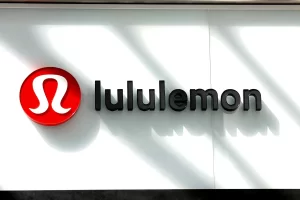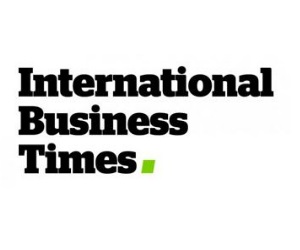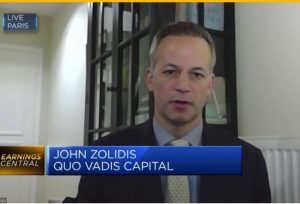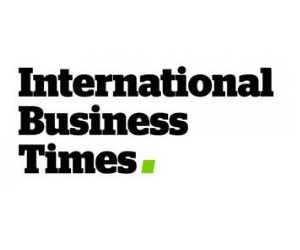
Lululemon Athletica: The Athleisure Leader (Business Breakdowns E120)
This is Zack Fuss, an investor at Irenic Capital, and today we’re breaking down Lululemon Athletica. The Canadian company, founded by Chip Wilson in 1998,

This is Zack Fuss, an investor at Irenic Capital, and today we’re breaking down Lululemon Athletica. The Canadian company, founded by Chip Wilson in 1998,

That, and an uptick in shoplifting, has John Zolidis, founder of consumer-focused investment adviser Quo Vadis Capital, bracing for choppy performance in retail stocks over the coming months.
“It’s a lot easier to see the bearish scenario coming to pass,” he said. “The consumer has been stronger than expected so far, so it could continue, but the environment’s working against that outcome.”

John Zolidis, a veteran retail analyst and president of Quo Vadis Capital, told MarketWatch that retailers might want to limit their expectations, noting that with so many stores looking to fill the Bed Bath & Beyond void, the sales bump might be limited for each.
In effect, the bump “is going to be dispersed,” Zolidis said.

Will LULU maintain the growth rate and margins? Zolidis, who rates the company’s shares BUY, thinks so.
“The company has kept it going much longer than nearly all others,” he said. “Bottom-line, after two years of the stock moving sideways despite consistent upward revisions to earnings, last night’s results could be the event that sets off a round of valuation expansion and vaults the name firmly back into the momentum camp. Certainly, this profile is not for everyone but for those already involved, we feel that playing for additional gains is supported by the fundamentals and outlook.”

John Zolidis, founder and president of Quo Vadis Capital, said: “The question for shareholders is whether the company can scale to profitability and positive cash flow without needing an equity raise. It’s a steep hill to climb but could be possible depending on execution.”

Please click the link to view a short excerpt from our discussion on CNBC Asia Squawk Box regarding YUM China. We discuss the company’s execution and the valuation of the shares.

“The retail management teams with whom we speak do not consider themselves to be economists,” Zolidis said. “They have little ability to forecast inflation beyond what is immediately apparent. They’re no better at predicting interest rates than anyone else.”

John Zolidis, founder and president of Quo Vadis Capital Inc., compared the disappointing results to 2008, when the economy was weakening and Target was losing ground against Walmart (for similar product mix reasons as this week).
“We had expected that Target was better positioned for consumer weakness this time around, due to its improved competitive position and upgraded capabilities,” Zolidis wrote in an investors note Wednesday. “But, it certainly does not feel that way, looking at this year’s performance.”

Veteran analyst John Zolidis of Quo Vadis Capital argues that transactions might have dropped 5.4%, based on his calculations, a number arrived at by modeling transactions as the difference between the price and sales increases. Zolidis, who has a Sell rating on the stock, wasn’t the only analyst raising questions about the impact of price increases on traffic. BMO analyst Andrew Strelzik, who rates the stock a Hold, noted that “[questions] about value proposition gain steam as traffic declines accelerate. Still, 72% of the 36 analysts tracked by FactSet rate the stock as Buy or equivalent.

Quo Vadis Capital President Zolidis was among the few equity analysts, who sounded the alarm on Luckin Coffee’s accounting problems early on, and he remained bearish while the company was under bankruptcy.
But he turned bullish after the company emerged from bankruptcy in April of 2022 and continues to be. Most notably, Zolidis thinks that the new company that emerged from bankruptcy early this year is a different company in many respects. First, it is almost free of debt, after redeeming $110M of 9% debt securities. “It’s a rare situation for a company that emerged for bankruptcy recently,” he told International Business Times in an email. “In addition, it’s a good indication that management feels confident about the company’s financials in the future.”